NEWSLETTER
FÉLAG DOKTORSNEMA OG NÝDOKTORA VIÐ HÁSKÓLA ÍSLANDS (FEDON)

FEDON is the Association of PhD Students and Postdoctoral Researchers at the University of Iceland. This newsletter covers the latest topics from the 2023/2024 academic year.
MAY 2024
UPCOMING ANNUAL MEETING, AND MORE! MEET THE BOARD LATEST ON POSTDOC ISSUES ANNUAL MEETING & SOCIAL MIXER
LETTER FROM OUR CHAIRPERSON
FEDON, the association of doctoral students and postdoctoral researchers at the University of Iceland, advocates for the rights and interests of our community, fostering an inclusive and supportive academic environment As we reflect on the concluding academic year, we are reminded of our collective resilience amidst challenging circumstances Confronting financial cutbacks and striving for research excellence, we have navigated a path that has tested our determination and commitment to academia.
Throughout the past year, FEDON has vigorously advocated for a supportive doctoral program, extended funding periods, and increased inclusion of postdoctoral researchers within the academic community, such as participation in departmental meetings. Our mission is clear; to equip our scholars with the necessary tools for success, alleviating financial uncertainties, and enhancing their academic involvement. Our plea extends beyond the university to the government, urging both to acknowledge their crucial roles in cultivating future intellectual leaders It is essential for policies to be consciously crafted, considering their influence on nurturing academic talent and propelling scholarly progress As we approach the end of this school year, FEDON calls upon the university's leadership and the government to stand in solidarity with us against austerity measures that hinder young researchers. We stand for equitable work conditions and a thriving future for academia.
We close this chapter with thanks for your steadfast support and anticipate the next academic year. Together, we acknowledge our accomplishments and gear up for upcoming challenges with the same strong determination that characterizes our community.
SvavaDöggJónsdóttir
CHAIRPERSON
Meet the board 2023/2024
We wanted to introduce you to our board for FEDON (for this past academic year who have been working on multiple fronts for the benefit of both PhD students and Postdoc researchers. We also found out how our board likes to relax after busy days of research. Read more below.
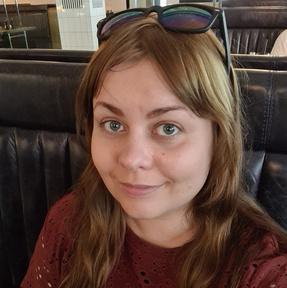
Svava Dögg Jónsdóttir
School: Health Sciences
Faculty: Centre of Public Health Sciences, Faculty of medicine
Position on the board: Chairperson
What is your favourite way to relax after doing research work?
“It depends on my mood. I enjoy reading, listening to music, watching TV, going on hikes/runs/walks, crocheting, painting, and sewing. I am also a cat and houseplant enthusiast. I have two cats and an uncountable number of potted plants.”
Zulaia Johnston da Cruz
School: Education
Faculty: Education and Diversity
Position on the board: Representative at the University Student Council meetings
What is your favourite way to relax after doing research work?
“I also enjoy taking weekends off to go to the countryside with my family ”

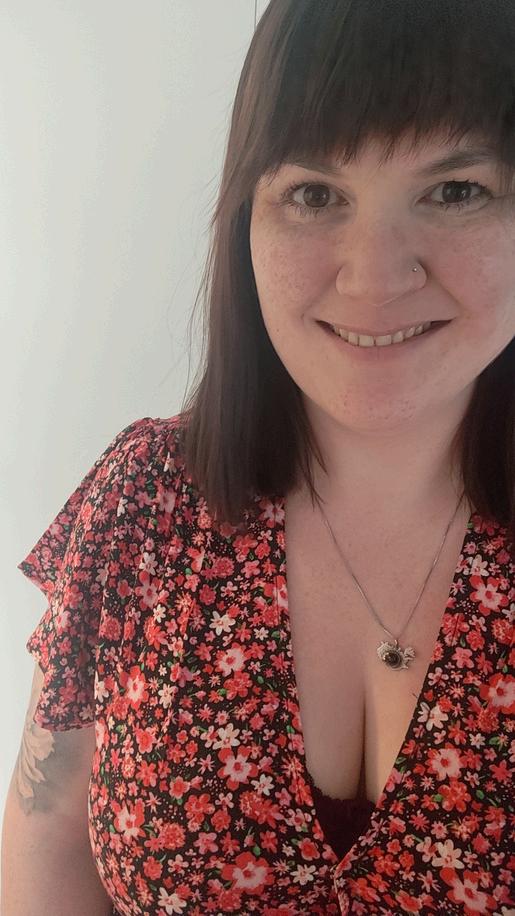
Steinunn Rut Friðriksdóttir
School: Engineering and Natural Sciences
Faculty: Industrial Engineering, Mechanical Engineering and Computer Science
Position on the board: Member of the board
What is your favourite way to relax after doing research work?
“I really enjoy going to concerts, regardless of genre I also like to knit and listen to audio books, go to a swimming pool or relaxing in the countryside with my family ”
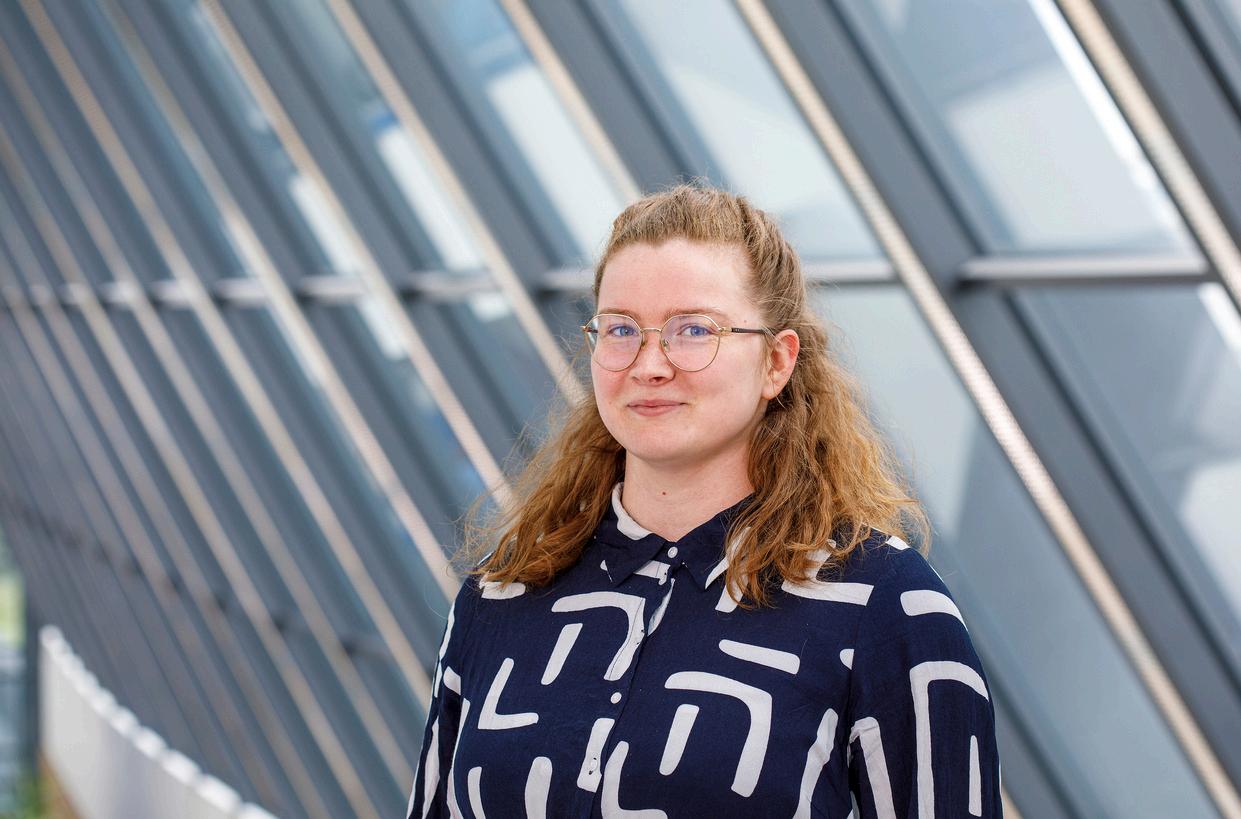
Johanna Raudsepp
School: Engineering and Natural Sciences
Faculty: Civil and Environmental Engineering
Position on the board: Treasurer
What is your favourite way to relax after doing research work?
“I like to relax by listening to music, painting, or going to the hotpot.”
Koustubh Ravindra Karande
School: Engineering and Natural Sciences
Faculty: Civil and Environmental Engineering
Position on the board: Member of the board; Head of Fun
What is your favourite way to relax after doing research work?
“I like to go swimming, trekking or wandering around Reykjavik with some music or Audible.”
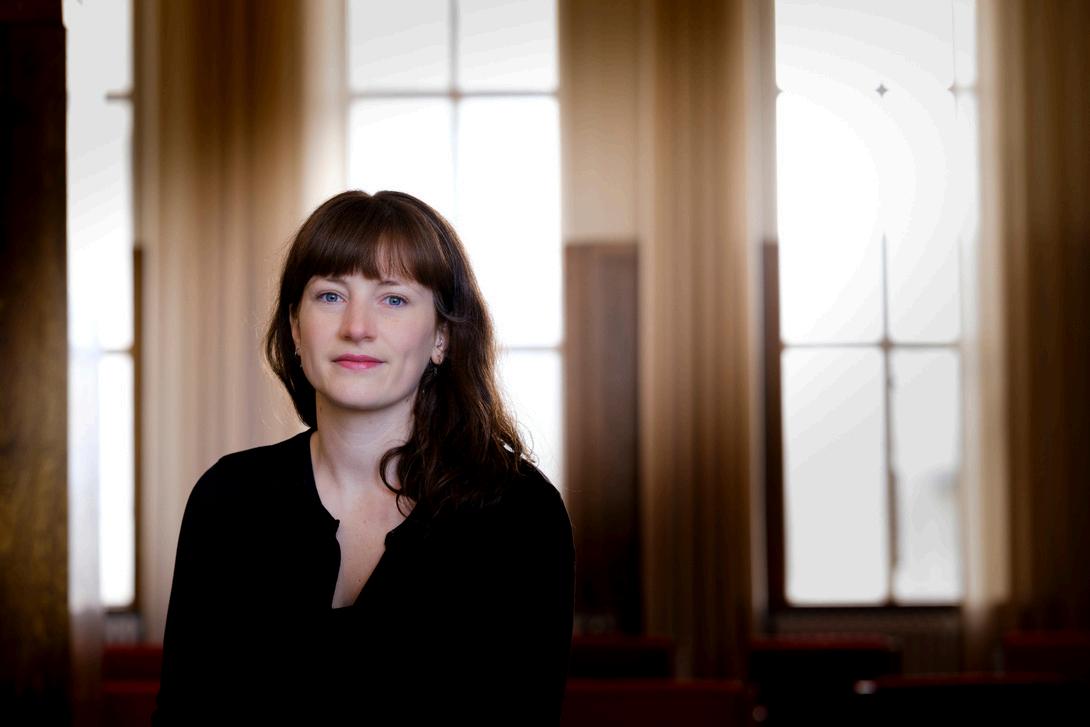
Katrín Pálmad. Þorgerðard
School: Humanities
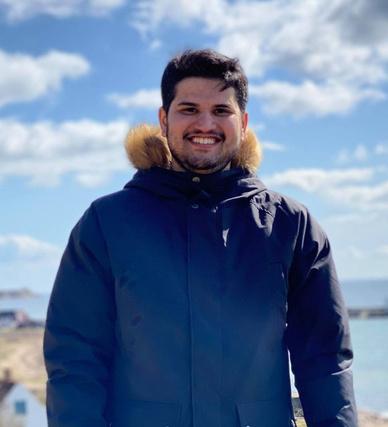
Faculty: history, philosophy, and archaeology
Position on the board: Representative at the Centre for Graduate Studies
What is your favourite way to relax after doing research work?
“II love to knit, go to the pool, cook and eat good food, and spend time in nature and with nice people. Sometimes the urge to do absolutely nothing or binge Netflix gets the better of me ”
Valgerður Þ. Pálmadóttir
School: Humanities
Faculty: Philosophy, History and Archaeology
Position on the board: Secretary; Representative at the University of Iceland’s Science Committee
What is your favourite way to relax after doing research work?
“I love to go swimming at Vesturbæjarlaug with my family or bicycle to Nauthólsvík and bathe in the sea, or just spend time out in nature – when the weather is good. “
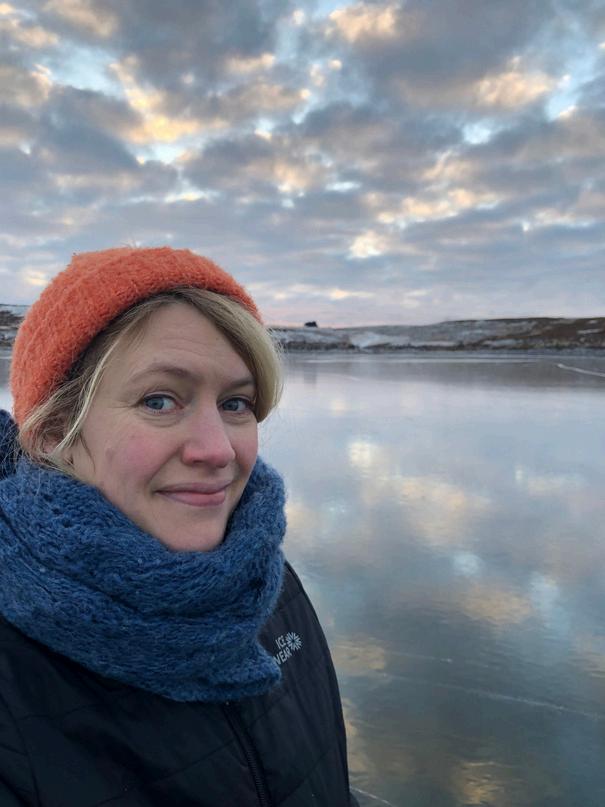
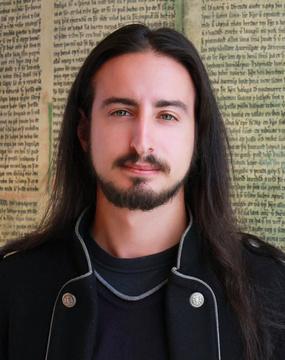
Haukur Logi Karlsson
School: Social Sciences
Faculty: Law
Piergiorgio (Pétur) Consagra
School: Humanities
Faculty: Icelandic and Cultural Comparative Studies
Position on the board: Member of the board
What is your favourite way to relax after doing research work? “I like to relax reading, listening to music, cooking, and playing boardgames.”
Position on the board: Representative on the board of the labour union (Félag háskólakennara)
What is your favourite way to relax after doing research work?
“I enjoy getting a short exercise after a day in the office by biking home. I also relax by taking occasional hikes in the mountains, which I find to be an effective way to empty the mind and body of work-related stress.”
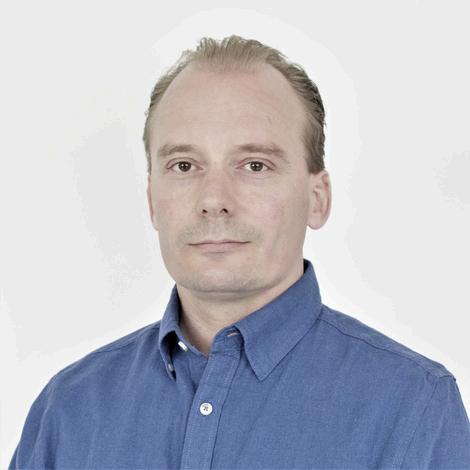
APPLY TO JOIN THE BOARD FOR 2024/2025!
Do you want to make a change? Are academic issues important to you?
If you are interested in running for the board, you can email us at fedon@hi.is or declare your candidacy at the annual meeting.
ANNUAL MEETING
FEDON annual meeting
Date: 15 May 2024
Time: 16:00-17:30
Location: L-103 (Lögberg)
The FEDON annual general meeting is open to all PhD and postdoc researchers at the University of Iceland. We will go over last year’s issues, budget, listen to your concerns, and vote for a new board for 2024/2025 There will be refreshments + a social mixer afterwards in Eiríksbúð!
Postdoc update
By Valgerður Þ. Pálmadóttir

During this past academic year, FEDON has participated in the work to improve the working conditions of postdocs at the UI.
The Division of Science and Innovation (Vísinda og nýsköpunarsvið) at the UI took the initiative to redefine the framework around the postdoctoral positions in order to strengthen the postdoctoral program as a limited research career training phase Their aim is to strengthen the training aspect, increase the integration of postdocs in the departments and shorten the time that researchers can be in this particular position. The work done by DSI is based on an idea that postdocs should work full time on research for a limited time and then move on to other positions, inside or outside of academia.
We, the postdocs, at FEDON welcome this initiative to strengthen the postdoctoral program, but we were skeptical about the ideas of limiting the possibilities of postdoctoral researchers who are often in a precarious position, combining research with teaching to prolong their working contracts. In this process, FEDON fought for the rights of postdocs to attend department meetings, which in our view constitutes a basic right to be an integrated part of one's own workplace Many postdocs have expressed that they feel isolated and have little contact with their departments, which is why we argue that granting them access to these meetings might help to break that isolation
Furthermore, postdoctoral researchers are all employed at the UI, and although they are in temporary positions connected to research projects with limited time frames, they should have the same rights as other members of faculty to attend workplace meetings as long they are employed. Our pressure resulted in a change in the University’s laws so that each department is granted the power to decide whether to invite postdocs to department meetings.
ANNOUNCEMENTS
ANNUAL MEETING AND SOCIAL MIXER/ AÐALFUNDUR
15 May 2024 at 16-17:30 in L-103, followed by a social mixer in Eiríksbúð (Sæmundargata 21)
Við bjóðum ykkur velkomin á árlegan aðalfund FEDON. Veitingar verða í boði.Strax að fundi loknum bjóðum við upp á samkomu í Eiríksbúð, Sæmundargötu 21. Það er frábært tækifæri til að slaka á og njóta góðs félagsskapar (B.Y.O.B). Ekki láta þetta framhjá þér fara!
We warmly welcome you to the annual general meeting of FEDON Refreshments will be provided. Immediately after the meeting, we invite you to a get-together at Eiríksbúð, Sæmundargata 21. It's a great opportunity to relax and enjoy good company (B.Y.O.B). Don't miss out!
NEW WEBSITE LAUNCHED/ VEFSÍÐA
Visit us at fedon.org
After the sudden departure of our website, we are finally back online! Our website is up and running. There you will find the latest news of FEDON’s activities as well as some practical information about PhD and postgraduate life at the University of Iceland. All our contact information is on the site. Feel free to get in touch with us at any point, we are here to help you on your academic journey.
Opinion piece
Austerity measures pose a threat to academic recruitment, research, and knowledge production in Iceland

In April 2023, we published an opinion piece in Vísir. We are publishing it in this newsletter again in both Icelandic and English.
Original article: https://www.visir.is/g/20232404316d/adhal dsadgerdir-ogna-nylidun-innanhaskolasamfelagsins-rannsoknum-ogthekkingarskopun-a-islandi
Aðhaldsaðgerðir ógna nýliðun
innan háskólasamfélagsins, rannsóknum og þekkingarsköpun á Íslandi
By FEDON, Hugdok, Seigla, Menntadok
Talsverður hluti af framlagi Háskóla Íslands til rannsókna og þekkingarsköpunar á Íslandi og alþjóðlega byggist á vinnu doktorsnema og nýdoktora. Doktorsnemar og nýdoktorar við Háskóla Íslands finna í auknum mæli fyrir því að grafið er undan skilyrðum rannsókna, fræðistarfa og háskólakennslu og hafa miklar áhyggjur af framtíð Háskólans, nýliðun og starfsmöguleikum í háskólasamfélaginu.
Á fundi Háskólaráðs í janúar sl. voru teknar ákvarðanir um að draga saman seglin og aðhaldsaðgerðir Háskólans (sjá fundargerð Háskólaráðs) koma sérstaklega hart niður á nýdoktorum, aðjúnktum, stundakennurum, doktorsnemum og öðrum stúdentum - sem sagt fólkinu sem saman myndar framtíð vísinda- og fræðasamfélags landsins.
Sem dæmi má nefna að styrkjum sem veittir hafa verið úr Doktorsstyrkjasjóði Háskóla Íslands hefur farið fækkandi. Nú þegar stundar stór hluti doktorsnema nám sitt án þess að hafa styrk og eiga mörg erfitt með að sinna rannsóknarvinnu sinni af fullum krafti Mörg taka dýr námslán til að fjármagna doktorsnám og að námi loknu tekur við ótryggur vinnumarkaður. Þá fer staða doktorsnema sem hafa hlotið styrk úr Doktorsstyrkjasjóði Háskóla Ísland sífellt versnandi þar sem styrkirnir
eru föst krónutala og halda ekki í við aðrar hækkanir Fjöldi doktorsnema á slíkum styrkjum hafa tjáð undrun og óánægju yfir því að starfshlutfall þeirra í ráðningarsamningi sé lækkað til að bregðast við fjárskorti. Við óttumst að aðhaldsaðgerðir Háskóla Íslands geti haft í för með sér frekari raunskerðingar doktorsstyrkja þannig að doktorsnemum verði gert að stunda fullt nám en á 75% launum eða jafnvel minna. Tilgangur Doktorsstyrkjasjóðs er að efla Háskólann sem alþjóðlegan rannsóknarháskóla og gera hann eftirsóknarverðan kost fyrir doktorsnema
Miðað við núverandi ástand er ólíklegt að hann standi undir þeim tilgangi.
Á fundi sínum samþykkti Háskólaráð ennfremur að almennt verði ekki ráðið í störf við fræðasviðin nema þau skili hallalausum rekstri og að allar nýráðningar þurfi að bera undir fjármálanefnd - sem í raun þýðir ráðningarstöðvun. Að auki er fræðasviðum gert að draga úr magni kennslustunda. Saman munu þessar aðgerðir skila sér í auknu álagi á kennara, lægri launum og minna starfsöryggi ungs fræða- og vísindafólks Minna framboð námskeiða og fækkun kennslustunda mun þar að auki rýra gæði háskólamenntunar.
Loks má nefna að Háskóli Íslands er ekki undanskilinn í nýsamþykktri stefnu ríkisstjórnarinnar í húsnæðismálum opinberra stofnana, eins og fram hefur komið í fjölmiðlum undanfarnar vikur. Verkefnamiðuðum vinnurýmum er ætlað að spara ríkinu miklar fjárhæðir og hefur ungt vísinda- og fræðafólk miklar áhyggjur af þessari stöðu. Hætta er á að kostnaður við vinnuaðstöðu lendi í auknum mæli á starfsfólkinu sjálfu því mörg munu að öllum líkindum velja að vinna heima vegna skorts á næði og samfellu sem það fær ekki í þessu fyrirhugaða rými Þetta er kostnaður og álag sem leggst á hóp sem þegar býr við lítið starfs- og launaöryggi. Að auki er ungt vísinda- og fræðafólk líklegt til búa þröngt og hafa börn á heimilinu og hafa síður möguleika á að koma sér upp vinnuaðstöðu heima við. Það er nauðsynlegt að stjórnvöld og stjórn háskólans kanni áhrif þessarar nýju stefnu í húsnæðismálum, sem að okkar mati er einnig ný mannauðsstefna, á mismunandi hópa innan háskólasamfélagsins og taki frekara frumkvæði til stuðnings ungu vísinda- og fræðafólki
Til að tryggja framtíð vísinda- og fræðasamfélags og gæði háskólamenntunar verður Háskóli Íslands að vera í stakk búinn að bjóða starfsfólki sínu upp á boðlegar vinnuaðstæður sem hvetja til nýsköpunar og samstarfs en veita jafnframt næði til að stunda bæði gagnrýnin og hagnýt fræða- og vísindastörf. Afleiðingar ofangreindra aðhaldsaðgerða ógna háskólakennslu, vísinda- og fræðastörfum á Íslandi og geta valdið ómældum skaða fyrir samfélagið.
FEDON, Mentadok, Hugdok og Seigla fordæma stefnu stjórnvalda í málefnum Háskóla Íslands og telja hana aðför að vísinda- og fræðasamfélagi framtíðarinnar.
Austerity measures pose a threat to academic recruitment, research, and knowledge production in Iceland
By FEDON, Hugdok, Seigla, Menntadok
A significant share of University of Icelands‘s contribution to research and knowledge production in Iceland is conducted by PhDstudents and post-doctoral researchers. However, PhD and post-doctoral researchers across various schools at the University of Iceland are experiencing an overwhelming sense of concern. State budget cuts to higher education risk undermining the conditions for research and higher education in Iceland, leaving young researchers worried about the impact on their current and future careers.
The financial state of the University of Iceland is causing concern among post-doctoral researchers, adjuncts, part-time lecturers, and students - in other words, the very people who make up Iceland's future scientific and academic community. The University, which is considered the country’s premier higher education and research institution, has been forced to reduce its operations due to budget cuts, despite an influx of new students during the COVID-19 pandemic (see the minutes from the University Council fundargerð Háskólaráðs). This has not gone unnoticed by students, researchers, or even the Rector
The University of Iceland’s Doctoral Fund is dwindling, resulting in fewer grants being given out to PhD students. Currently, many doctoral students are pursuing their studies without any funding, making it challenging to fully devote themselves to their research.
Many resort to expensive student loans to finance their doctoral studies, which often leads to job insecurity after graduation Even those who receive funding from the Doctoral Fund have expressed surprise and anger because their work percentages in their contracts are continually reduced without consultation or negotiation, despite having a full-time grant. While salaries are supposed to be increasing, grants are not, resulting in fewer working hours covered by the grant. The purpose of the Doctoral Fund is to strengthen the University of Iceland as an international research university and attract doctoral candidates. However, given the current situation, it is unlikely that the fund will achieve this goal.
Despite recent reports of upcoming budget increases, the University Council agreed upon austerity measures in January that have had a harsh impact Ongoing budget shortfalls have resulted in a general hiring freeze for academic departments unless they can operate within budget constraints. Faculties have also been required to reduce teaching hours, which will increase workloads for teachers, lower salaries, and reduce job security for young scholars and scientists. Furthermore, the reduction in available courses and teaching hours will likely diminish the overall quality of university education, resulting in serious setbacks to the conditions of scientific and academic work in Iceland
Furthermore, young researchers are worried that the University’s new policy of activitybased working in building planning, which is currently being implemented, will contribute even further to the undermining of the conditions for academic work. While the activity-based work plans are expected to save great amounts in housing costs, there is a risk that these costs will, to a great extent, be transferred to the employees themselves, who will have to install their own workspaces at home. Not only are young researchers already suffering from precarious working conditions, including lack of work security and low income, but they are also likely to live in small apartments, or have young children, and thus have limited opportunities to work at home.
It is imperative for the University to prioritize creating a supportive work environment that inspires, leads by example, and paves the way for innovation. Therefore, it is crucial for the University to consider the potential impact of its policies and practices on all members of its community, and to take necessary actions to support its young researchers. Neglecting these obligations may hinder the progress of young researchers and discourage them from pursuing a career in academia. Thus, the university’s ability to meet its obligations will ultimately determine the future of scientific and academic work in Iceland.
We in FEDON, Menntadoc, Hugdok and Seigla condemn the government's current policy concerning state higher education. The current policy risks undermining the future of academia as a workplace, and as a place for innovation, and a provider of critical knowledge about the past, present and future of our society. We also urge the University leadership to resist the government’s austerity measures and fight for its young researchers
Useful links for researchers
We have compiled a list of useful links below. Head over to fedon.org for extra info on mental health support, student counselling and more.
1
TRAVEL FUNDS / FERÐASTYRKIR
Going to a conference, but it costs a pretty penny?
The University of Iceland and your working unions have many resources available to help fund your conference trips (in the form of returns after the event).
You can get up to a 100.000ISK from the University: https://www.hi.is/sjodir/ferdastyrkir doktorsnema
In addition, check out the BHM and Félag Háskólakennara websites for additional funding for this purpose.


GRADUATE SCHOOL / MIÐSTÖÐ FRAMHALDSNÁMS
The Graduate School is there to support you in academic questions Their mission is to uphold the graduate and postgraduate programs at the University to the highest academic standard. They also provide training and short courses throughout the academic year (PhD Toolbox).
English: https://english.hi.is/graduateschool Íslenska: https://www.hi.is/midstod_framhaldsnams
2

OMBUDSMAN
/ UMBOÐSMAÐUR FUNDING SOURCES
Rannís (Icelandic Research Fund) has many calls for projects throughout the year. The current main funding round is open until 14 June 2024 at 15:00.
More details on their website: https://en rannis is/funding/research/icelandic-researchfund/
You can also find various funding opportunities on the University website: https://english.hi.is/graduate school/phd student statu s and funding
The Ombudsman is an impartial, independent counsel for PhD students who helps them resolve problems that come up in their studies. The Ombudsman informs PhD students of their rights and duties, facilitates their communication with supervisors and doctoral committees, and helps them navigate the rules and procedures of PhD studies. We highly recommend contacting them if you experience any problems during your studies. The email is umbodsmadur@hi.is and the direct phone line is 525-4193. All issues will be confidential.
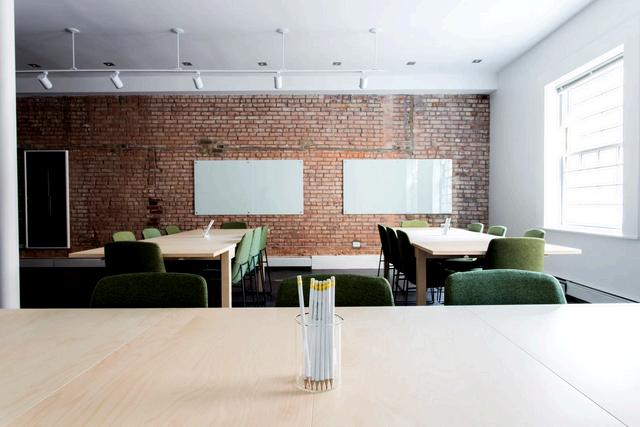

PARTNER UNIVERSITIES / SAMSTARFSSKÓLAR
Do you want to go on an exchange semester during your studies, or to further your education abroad? Here you can learn about partnership schools for the University of Iceland: https://www hi is/skolasamningar
3 5 4

















